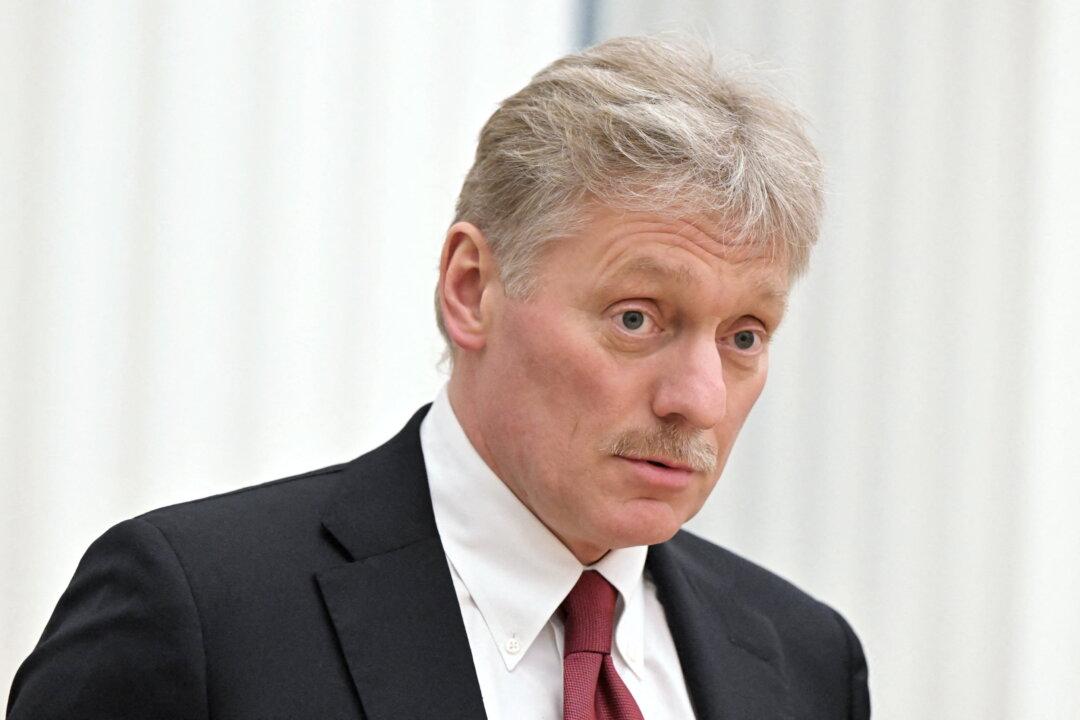The Kremlin has said that London’s sanctions of Moscow’s Gazprombank, through which payments are to be made under Russian President Vladimir Putin’s rubles-for-gas scheme, mean that Great Britain won’t be able to buy Russian gas.
Kremlin spokesperson Dmitry Peskov told Russian state-backed news agency Tass on Saturday that British sanctions against Gazprombank mean that the UK faces the prospect of being cut off from Russian gas supplies.





